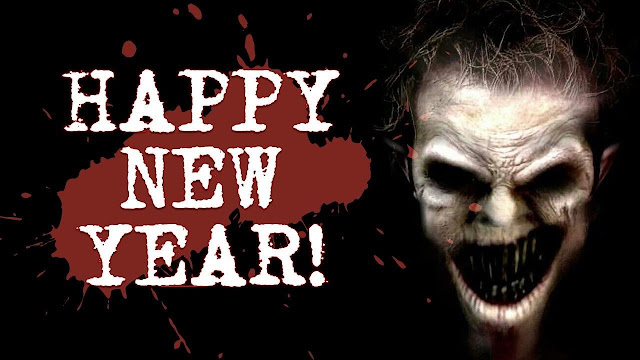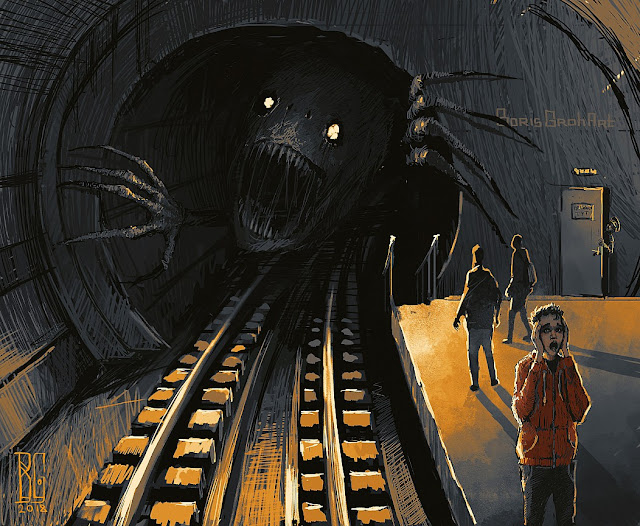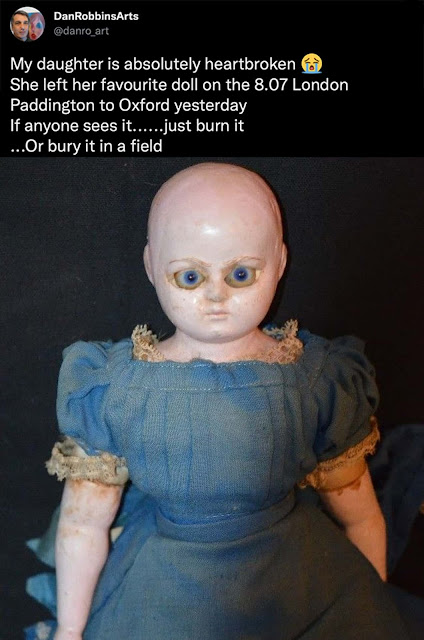Saturday, December 31, 2022
Thursday, December 29, 2022
Monday, December 26, 2022
Saturday, December 24, 2022
Thursday, December 22, 2022
Monday, December 19, 2022
Saturday, December 17, 2022
Thursday, December 15, 2022
Monday, December 12, 2022
Great New! My Books Are Now Available on Smashwords!
Great news! If you like to get your ebooks on Smashwords, my books are now available on that platform!
Saturday, December 10, 2022
Thursday, December 8, 2022
Monday, December 5, 2022
Saturday, December 3, 2022
Thursday, December 1, 2022
Monday, November 28, 2022
Saturday, November 26, 2022
Thursday, November 24, 2022
Monday, November 21, 2022
Saturday, November 19, 2022
Thursday, November 17, 2022
Monday, November 14, 2022
Saturday, November 12, 2022
The Slavic Tradition of "Rebaking" a Child
There exists a Slavic tradition called perepekaniye, zapekaniye, or dopekaniye, meaning "rebaking" of a child. The rite survived into the 20th Century in among Baltic, Ukrainian, Russian and Siberian peoples. It is the source of exaggerated fairy tale versions as when Hansel and Gretel were being prepared for the oven, or Baba Yaga tries to bake a child.
It is a ritual of rebirth akin to baptism, and was attended minimally by mother, mother-in-law, and babushka-znaxarka ("granny healer" the village midwife and herbalist, but sometimes merely the oldest woman in the village); plus potentially other women of the family such as daughters.
Totally encased in rye-dough (symbolizing a return to the mother's womb and simultaneously the grave) with just the nose and lips showing, the child was tied to a large wooden bread shovel and warmed by the hearth, not hot enough to really bake but the yeast raised the dough like crazy and it might bake enough to have a "skin" on it but still doughy inside.
While the child rebakes the women march around the outside of the house or hut three times during ritual dialogue, or chants "As the dough rises, so does the child rise!"
The rye-dough was not ordinary dough. It was made with water brought at dawn from three different wells by the granny-healer.
It was done to infants who were not thriving or were premature or showing signs of rickets or other illness, in the belief that the rising dough invested the child with health. In some places it was done to every infant to insure future health as the dough absorbed illness, pain, or ill luck from the future.
Sometimes the infant was put inside an oven instead of close to the hearth, but the oven was not in flame of course; it had been heated and the bread-boarded-child shoved in when the temperature was safe, while the women have a ritual dialogue that ends with the chanted, "Bake, Bake, But Don't Overbake."
As the dough swelled, the child might need to be removed and reinserted in the oven (three times by custom) to make sure its mouth and nostrils remained uncovered.
The granny healer, sometimes an avowed witch, took the illness or ill-luck imbued bread dough to discard ritually. Or the half-baked bread would be taken away with child still inside it and the women of the house would ritually weep and wail for having had to sell their child or lost the child to death.
The granny healer or witch would care for the baby through the night, remove and discard the illness-fouled bread well away from the child's home so it could not find its way back to the child. Come dawn the child was taken home, brought back to life strengthened against all future illness or bad luck.
===
It may be noted that the hearth or oven was itself regarded as the abode of the hearth-goddess who was manifest in the coals. Every actual loaf of bread baked within her was the child of this goddess born from Her womb. For example, read about the Slavic Hearth-goddess Matergabia in this post:
And here's a post about the goddess Yurkht-Ava the Bread-baking Keeper of the Hearth:
And Ognyena, Goddess of the Warming Hearth:
Slavic Hearth-goddeess Krimba aka Domovikha etc:
Labels:
"Rebaking" a child,
Slavic,
strange but true,
tradition
Thursday, November 10, 2022
Monday, November 7, 2022
Saturday, November 5, 2022
Subscribe to:
Comments (Atom)




















































